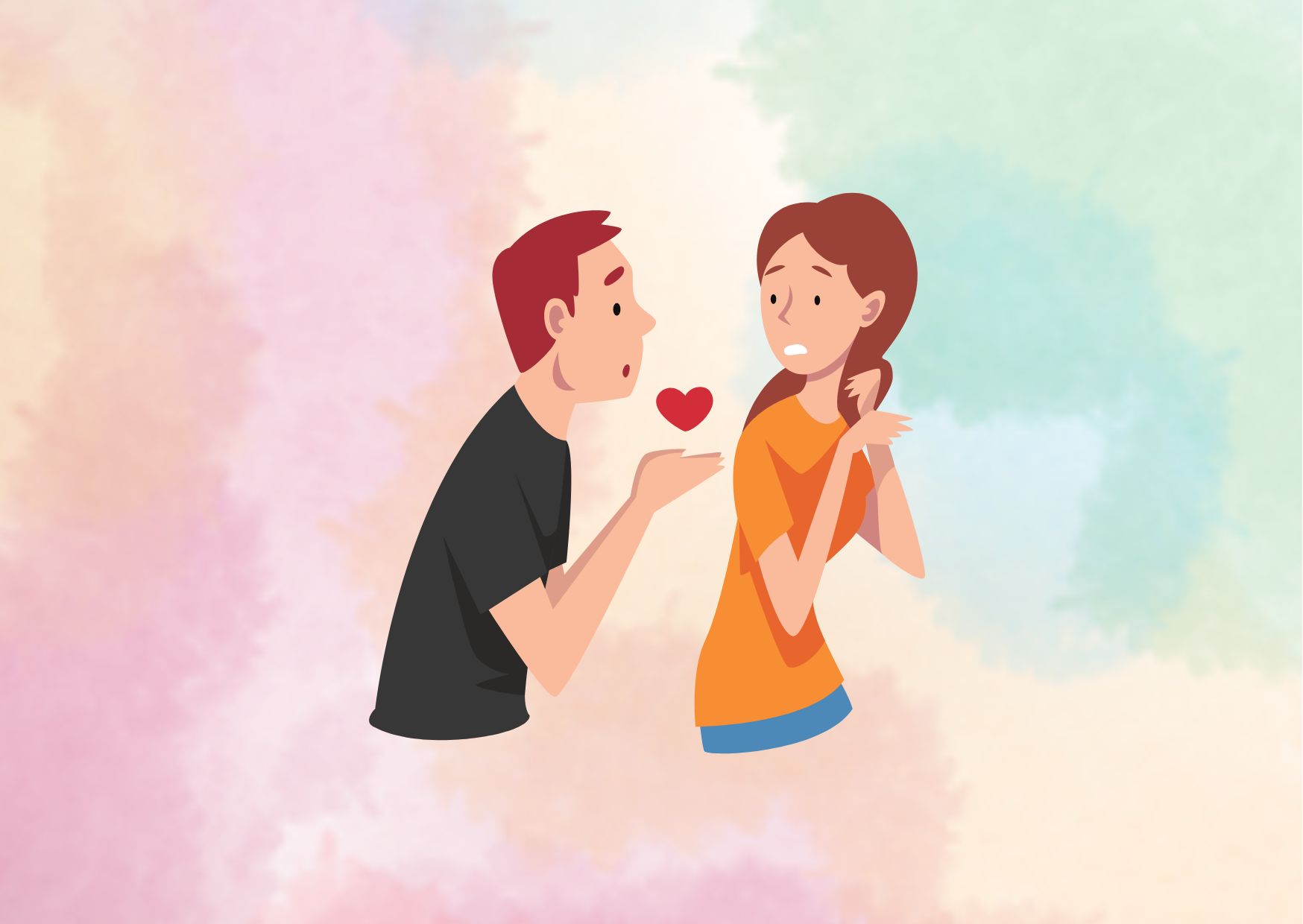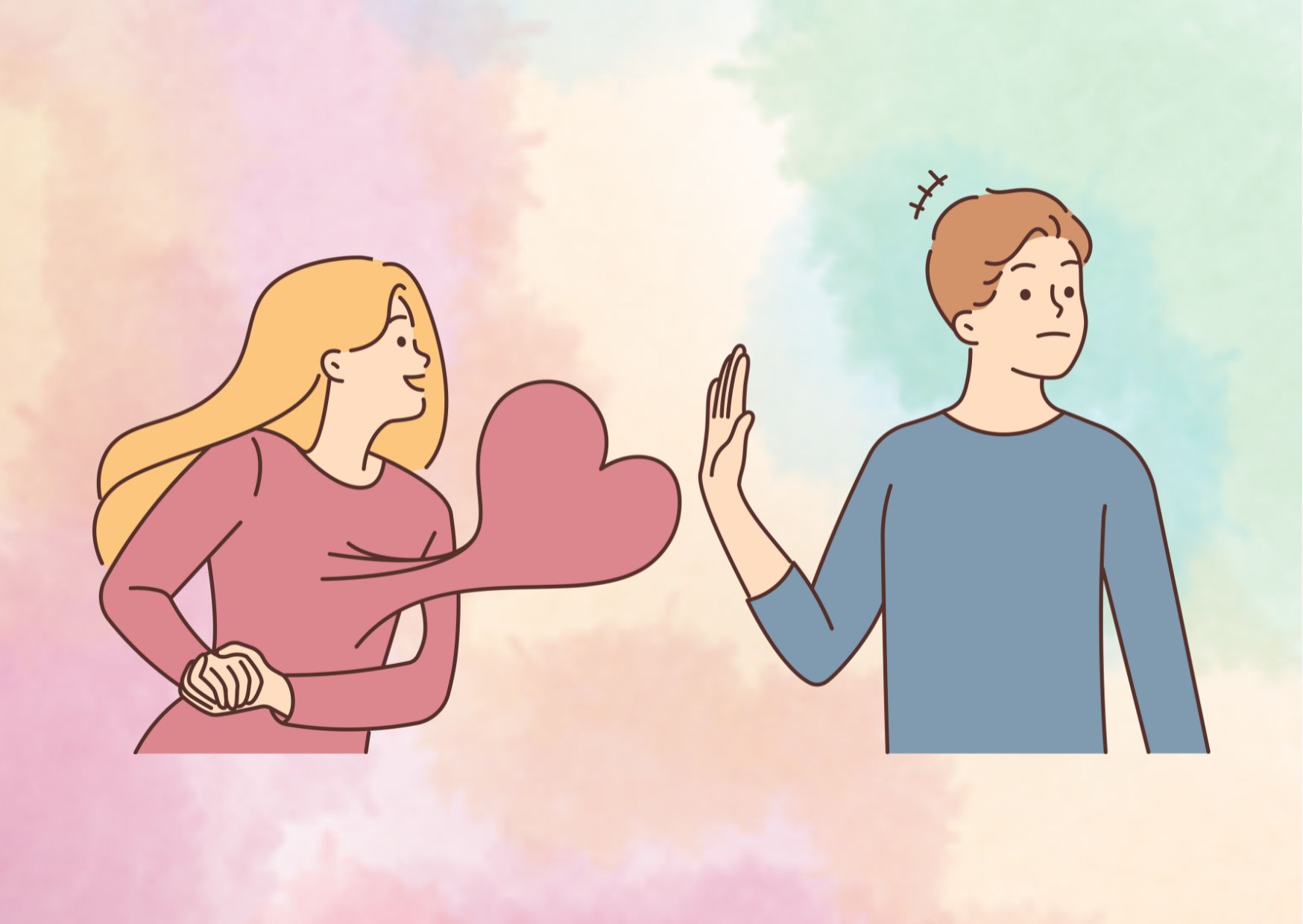Some people may prefer gentle, closed-mouth kisses, while others might enjoy more passionate, open-mouthed kisses. Some individuals may like the use of tongue, while others might find it uncomfortable. By discussing these preferences openly, couples can find a middle ground that works for both partners.
Giving and receiving feedback
Feedback is crucial in improving kissing skills and ensuring both partners are satisfied. While it’s possible to give feedback during a kiss through nonverbal cues, it’s often more effective to have a conversation about it afterward. This allows for more detailed and specific feedback without interrupting the moment.
Here are some ways to give or receive feedback after a kiss:
- Express what was enjoyable: “I really liked when you did…”
- Highlight positive sensations: “[Blank] felt really good…”
- Suggest future improvements: “Next time, we should try more/less of…”
- Ask for their opinion: “Did you like it when I tried…”
- Discuss boundaries: “Is it OK if we do…”
- Express discomfort: “I’m not sure if I’m comfortable with [blank]. Can we try less of that?”
By providing and being open to feedback, partners can continuously improve their kissing technique and ensure that both individuals are comfortable and satisfied.
Building intimacy through open dialog
Open dialog about kissing can help build intimacy between partners. It creates a safe space for both individuals to express their desires, concerns, and boundaries. This level of communication can strengthen the emotional connection between partners and lead to a more fulfilling physical relationship.
Sometimes, partners may need to take a break from kissing due to various reasons. In such cases, it’s important to convey interest and affection in other ways. Here are some alternatives:
- Offer an honest compliment
- Express desire for a kiss in words
- Hold hands
These gestures can help maintain the emotional connection even when physical intimacy is temporarily paused.
It’s worth noting that kissing is a skill that everyone has to learn. Practice and open communication are key to improving. Some couples find it helpful to turn the learning process into a game. For example, they might ask personal questions and kiss after each answer, using this opportunity to provide feedback and guidance on kissing techniques.
Every person has their own preferences when it comes to kissing, and what works for one couple might not work for another. Some individuals might enjoy French kissing, while others prefer lip-only kisses. The key is to find what works best for both partners through open communication and experimentation.
By maintaining open lines of communication about kissing preferences, giving and receiving feedback, and building intimacy through dialog, couples can create a more satisfying and enjoyable kissing experience. This level of communication not only improves the physical act of kissing but also strengthens the overall emotional connection between partners.
Conclusion
Mastering the art of kissing has a significant impact on romantic connections and personal confidence. By recognizing common mistakes, improving technique, and prioritizing communication, individuals can enhance their kissing abilities and create more enjoyable experiences for themselves and their partners. Remember, becoming a skilled kisser is a journey that involves practice, attentiveness, and a willingness to adapt.
Open dialog about kissing preferences not only improves the physical act but also strengthens the emotional bond between partners. At Inquire Talk, we understand the significance of mental health and well-being in relationships, and seeking professional help through online therapy and psychotherapy can provide valuable support to manage stress and promote emotional well-being. Ultimately, the key to becoming a better kisser lies in maintaining good oral hygiene, starting gently, paying attention to your partner’s reactions, and fostering open communication to create a more satisfying and intimate experience for both individuals involved.
FAQs
How can I tell if my kissing technique needs improvement?
If your kisses are too forceful or too quick, it might indicate a need for improvement. Kissing should feel like a gentle conversation, not a shout. Signs of a less-than-stellar kisser include a lack of enthusiasm, needing better technique, having bad breath, or poor hygiene. To enhance your kissing, focus on your partner, build up the intensity slowly, use your whole body, and don’t hesitate to ask for feedback.
What are some tips to correct awkward kissing?
To make a kiss feel special and avoid awkwardness, try not to rush or use too much tongue initially. Ensure your mouth is clean to make the experience pleasant. Remember, the magic of a kiss often lies in its spontaneity and the romantic connection it fosters, rather than just the technique.
Is it possible to teach someone to kiss better?
Yes, with patience and willingness from both partners, anyone can improve their kissing skills. Engage in fun activities like kissing games or extended makeout sessions to experiment and discover what feels best. The key is to keep the practice light-hearted and enjoyable.
What steps should I take to ensure I am a good kisser?
Start by building up to the kiss gradually and ensure both you and your partner are comfortable and consent to the escalation. Keep your approach slow and your mouth relaxed. Vary your kissing areas and speeds, and use your tongue judiciously. Most importantly, avoid overthinking the process and stay present in the moment.
Here are few certified therapists who you can get in touch and book a therapy session with:
Jennifer Campbell Kirk
Steve Manley
Ioanna Matte

